Why Measure 110?
Data from the CDC’s National Center for Health Statistics indicate that there were more than 100,000 drug overdose deaths in the United States during 12-month period ending in April 2021, an increase of 28.5% from the 78,056 deaths during the same period the year before. Nearly 40% more Oregonians died of drug overdoses in 2020 than 2019. Data also indicates that the recent surge in nationwide overdose deaths has hit Black men the hardest.
Oregon voters recognized that our state is in the midst of a crisis that is only getting worse amid the continued struggle and isolation of the pandemic. That’s why they overwhelmingly approved Measure 110 by a 17-point margin with support from counties large and small, urban and rural, progressive and conservative. The law removes criminal penalties for minor, nonviolent drug offenses in favor of a health-based and science-backed approach to substance use, recognizing that drug users are not criminals but our family members, friends, and neighbors. Over the next two years, Measure 110 will dedicate $302 million toward making addiction recovery and harm reduction services more accessible. Already the law has averted thousands of arrests. By implementing Measure 110 fully and swiftly, our state can save countless lives leading the country with an innovative and data-driven response to drug use.
How it Works
1. The new law will utilize and expand existing community-based providers as Behavioral Health Resource Networks to provide services throughout the state to immediately assess the needs of people who use drugs and link them to treatment, care and services.
2. Drug possession has been decriminalized, reducing criminal possession offenses from misdemeanors to civil infractions. Instead of arrests and criminal records, people found to be possessing small amounts of drugs will be cited and fined $100. They will be given the phone number for a 24/7 support line to connect them with a local peer support specialist. The peer will conduct a social services needs assessment. Upon completion, their fine will be waived and they will be linked to vital services. Call (503) 575-3769 to reach the support line.
3. It increases access to vital services, including:
- Behavioral Health Treatment that is evidence-based, trauma-informed, culturally specific, linguistically accessible, and patient-centered;
- Peer support and recovery services designed to help people remain clean and sober;
- Housing for persons with Substance Use Disorder;
- Harm reduction interventions including overdose prevention, access to naloxone hydrochloride and other drug education and outreach.
- Services will be paid for with grants from excess cannabis tax revenue above $45 million a year and law enforcement savings.
4. It guarantees oversight and accountability. The Act establishes an Oversight and Accountability Council composed of people with lived experience and addiction and service delivery experts. Supported by the Oregon Health Authority, the Council will determine how funds will be distributed to grant applicants for increasing community access to care. The Secretary of State will conduct financial and performance audits every two years.
The Act does not legalize any drugs.
It removes criminal penalties for low-level possession of all drugs, currently classified as misdemeanors, replacing them with a fine. These fines can be waived by being evaluated at Behavioral Health Resource Networks, which will be made available in all parts of the state, 24 hours a day.
- No change is made in the criminal code for delivery, manufacture, and other commercial drug offenses. These offenses will remain a crime.
- No change is made for other crimes that may be associated with drug use, such as driving under the influence and theft.
